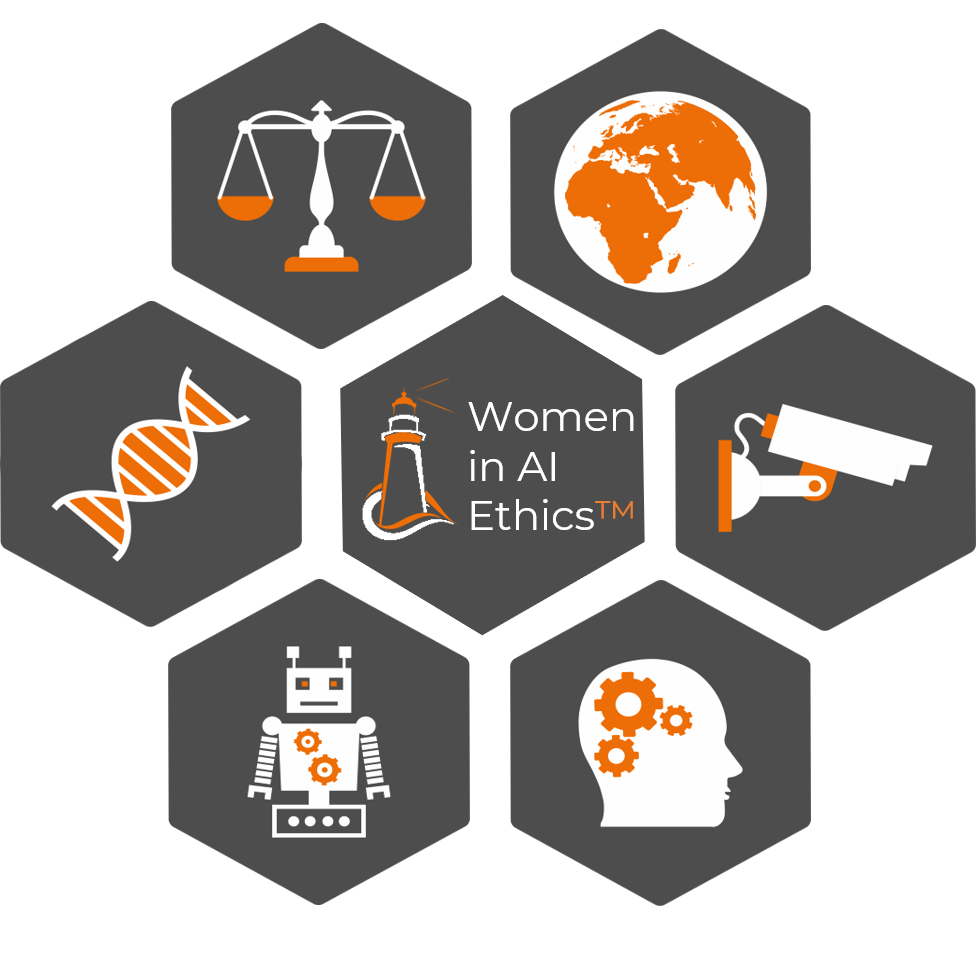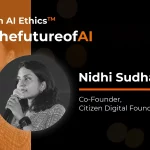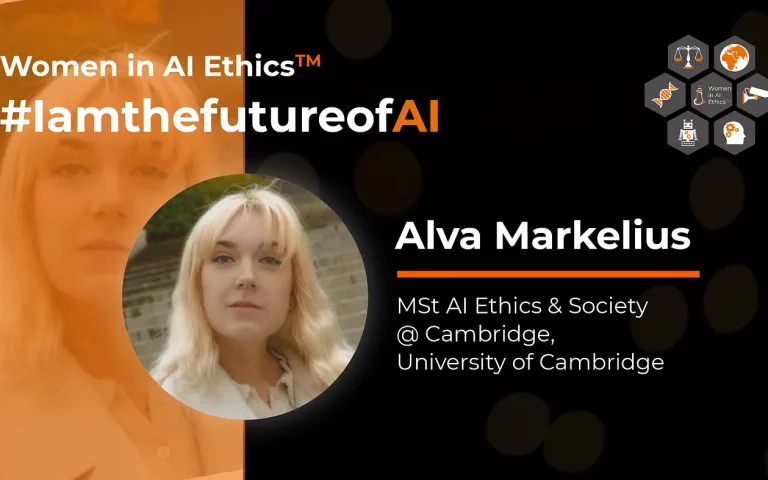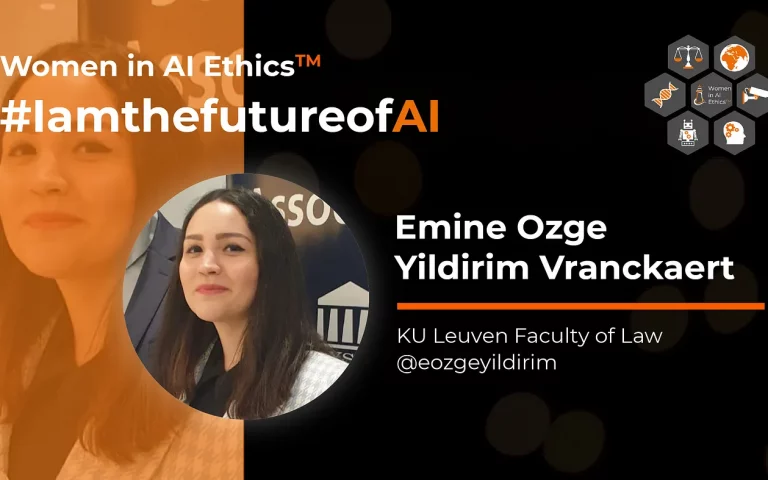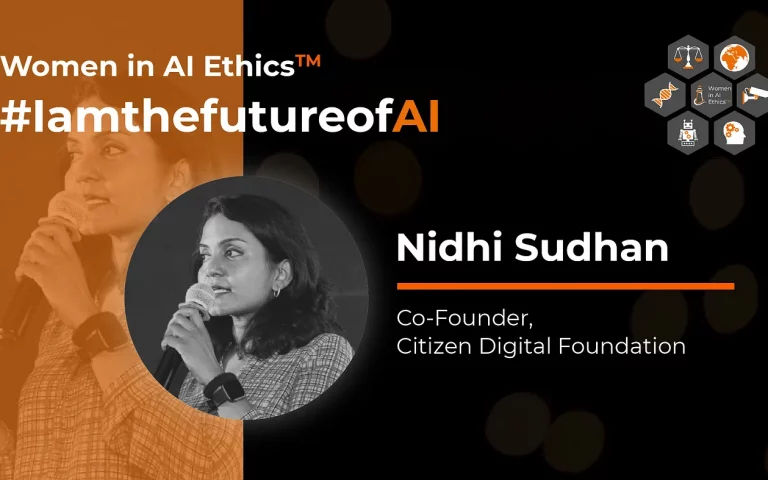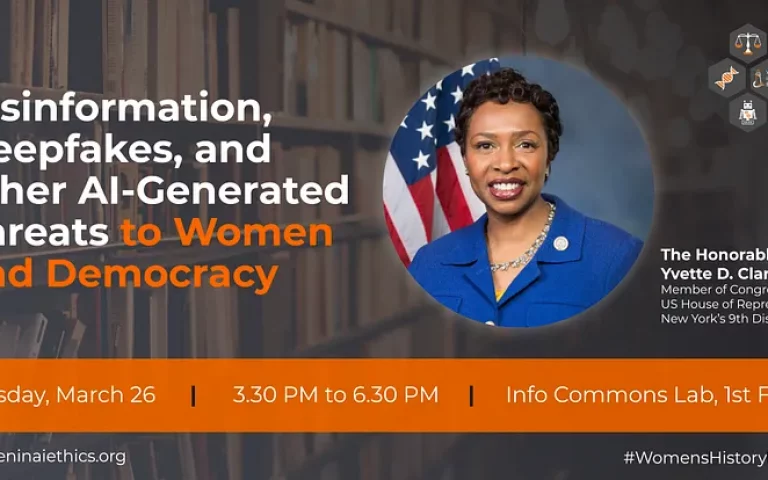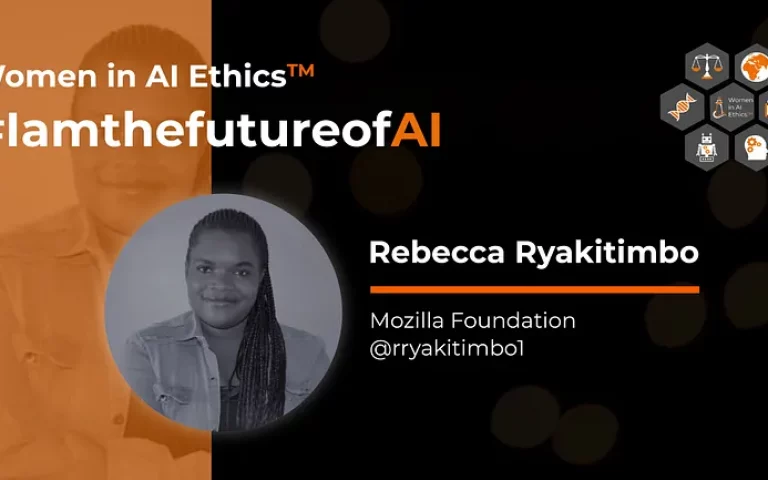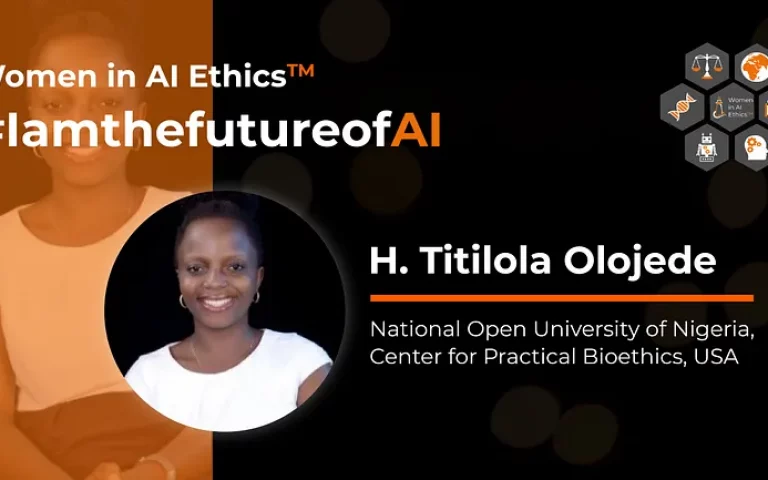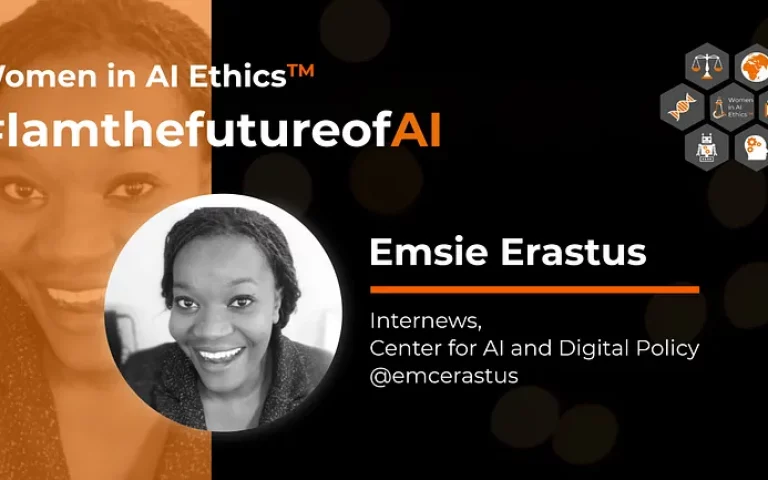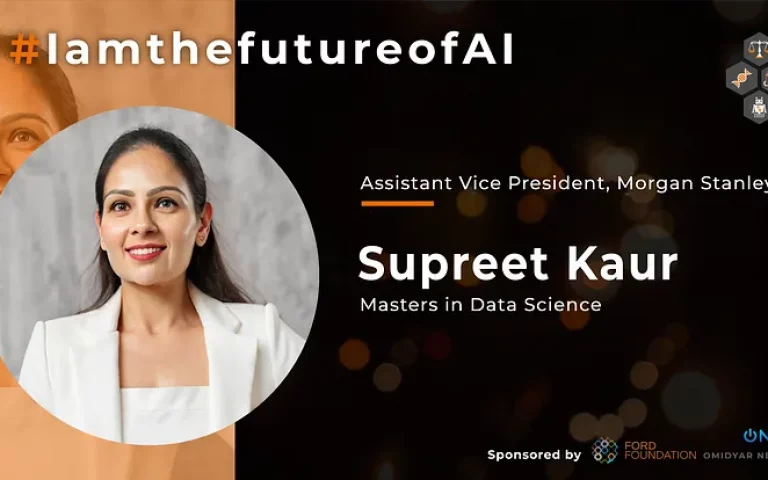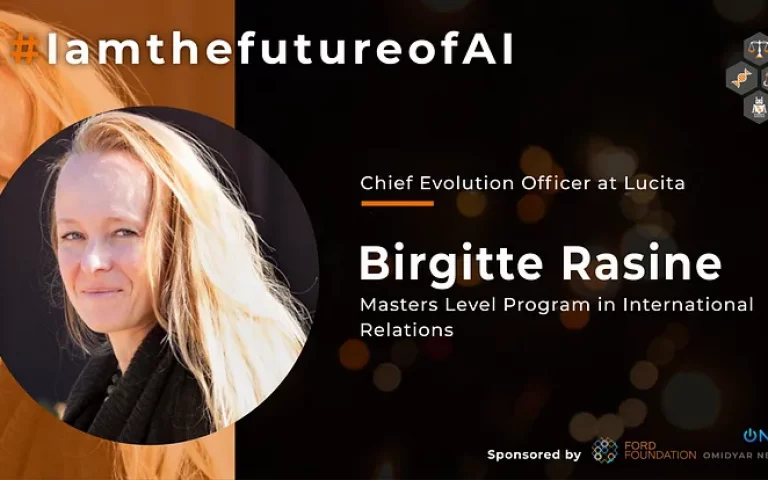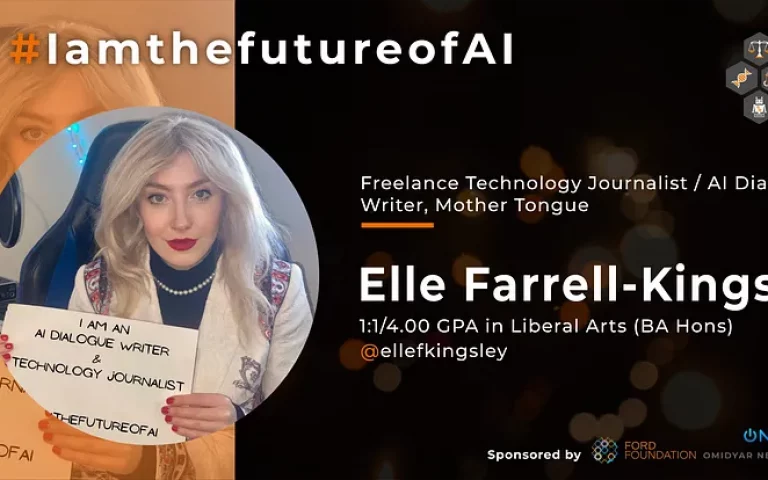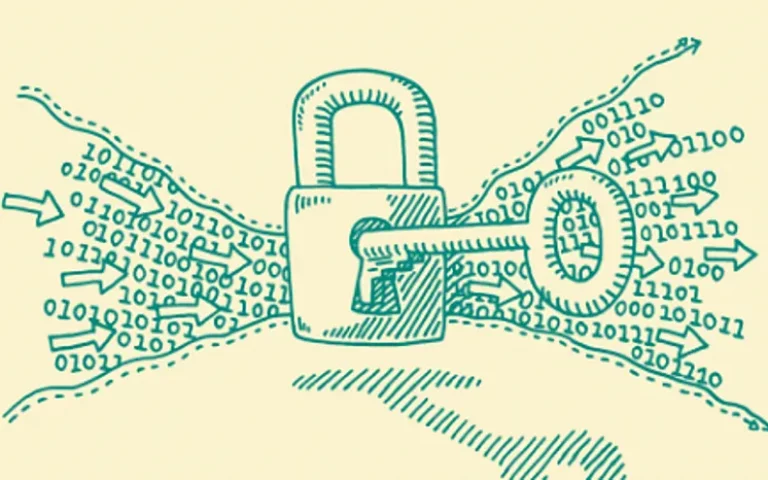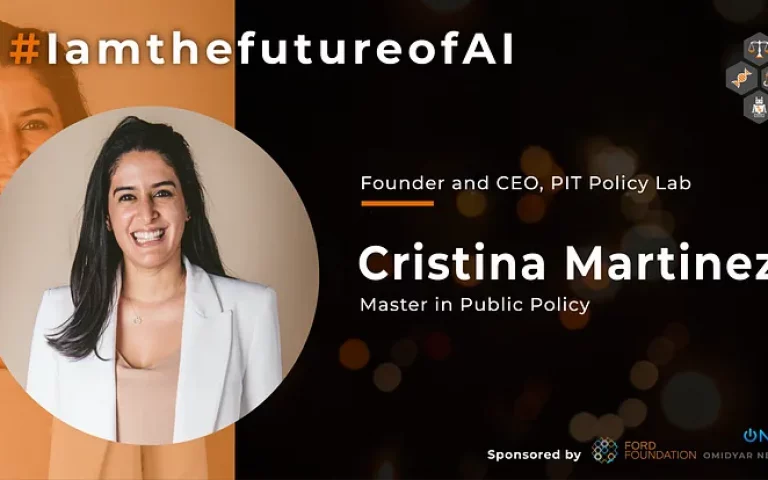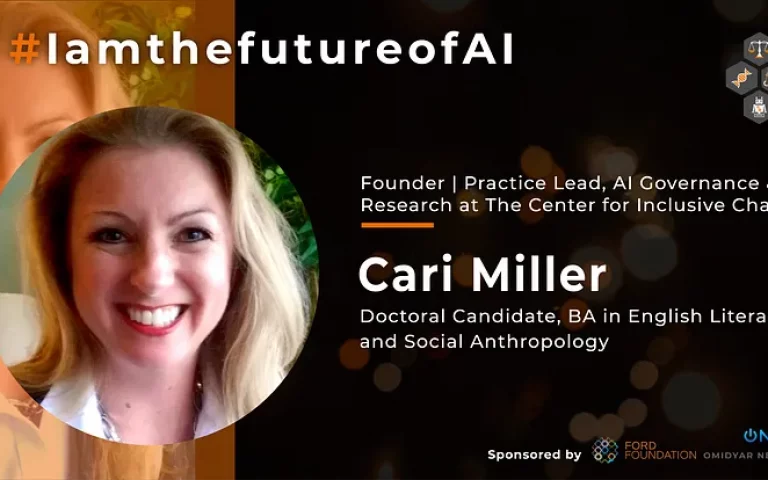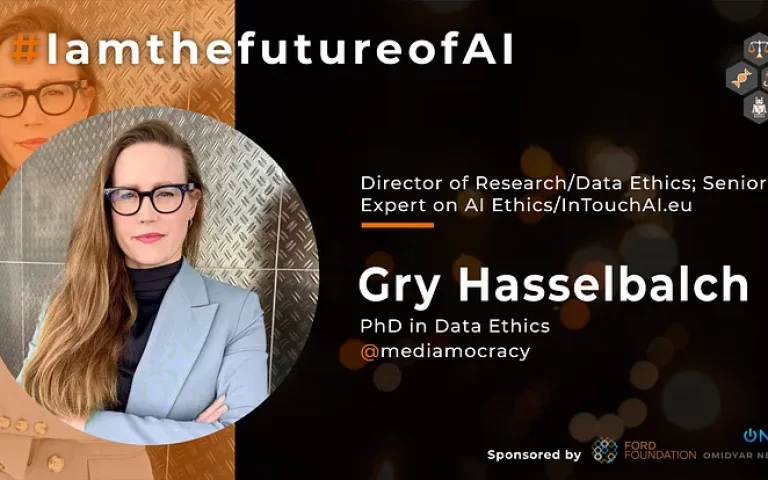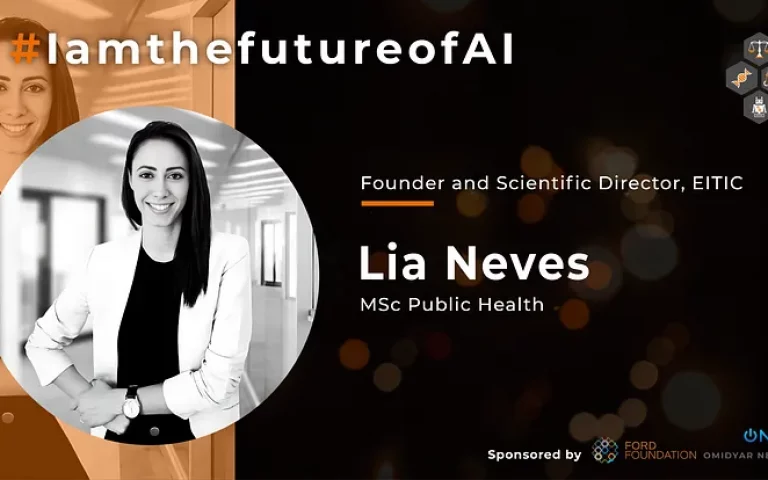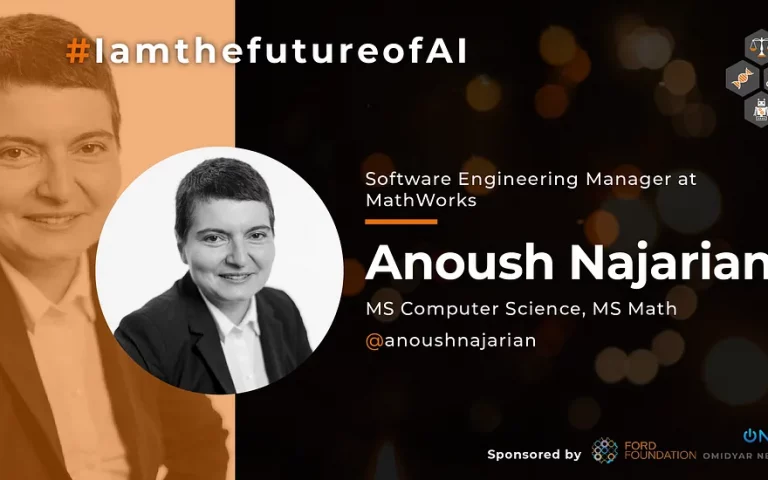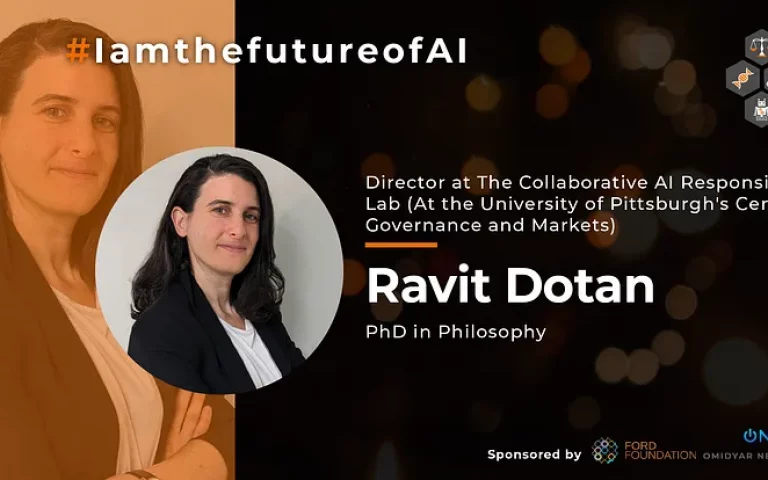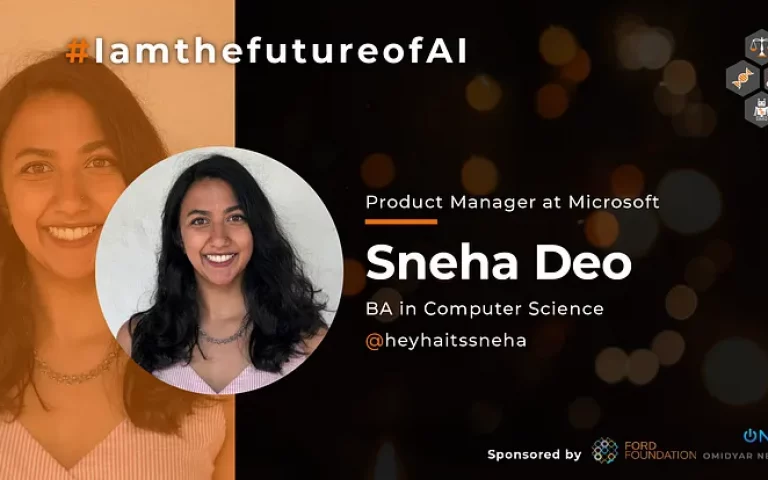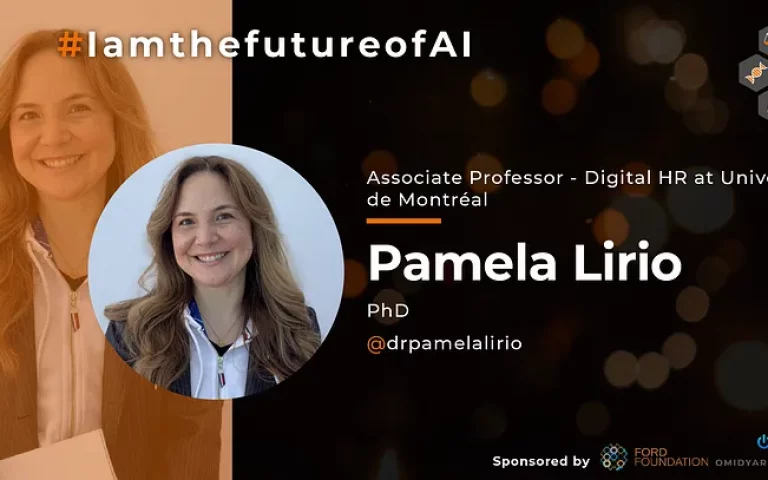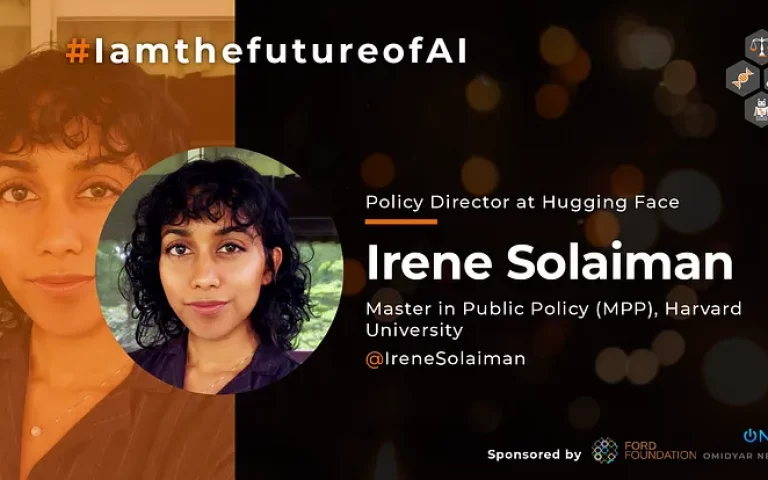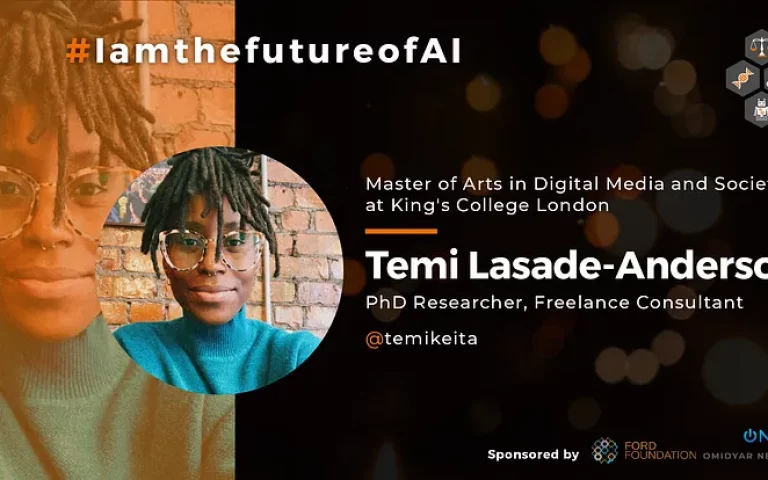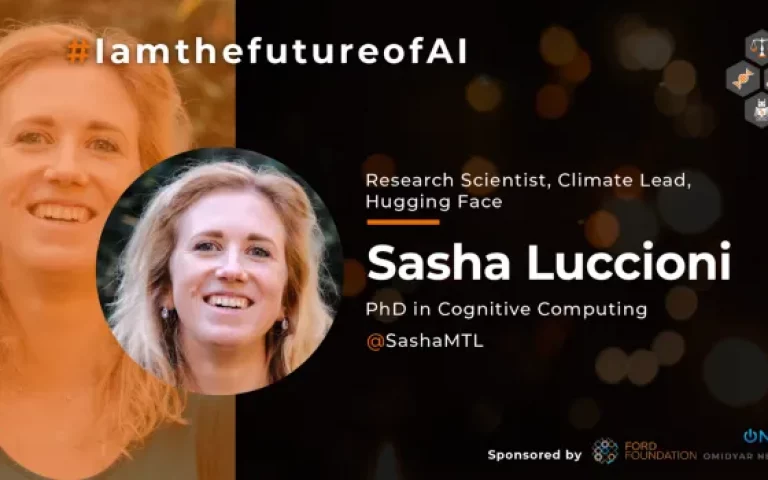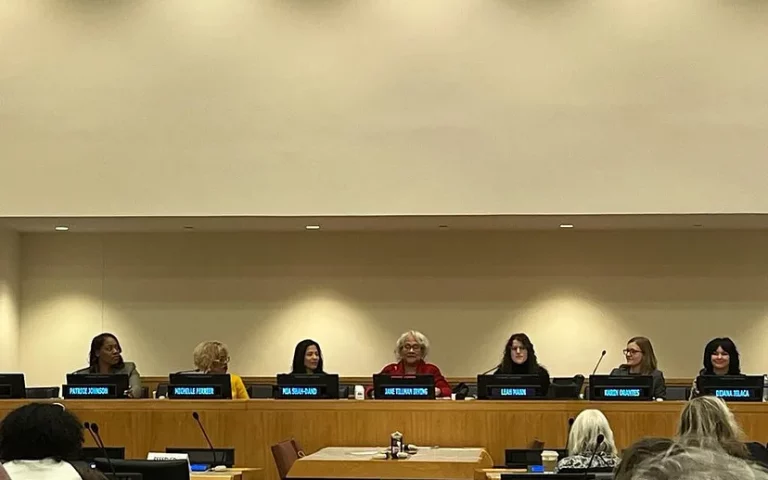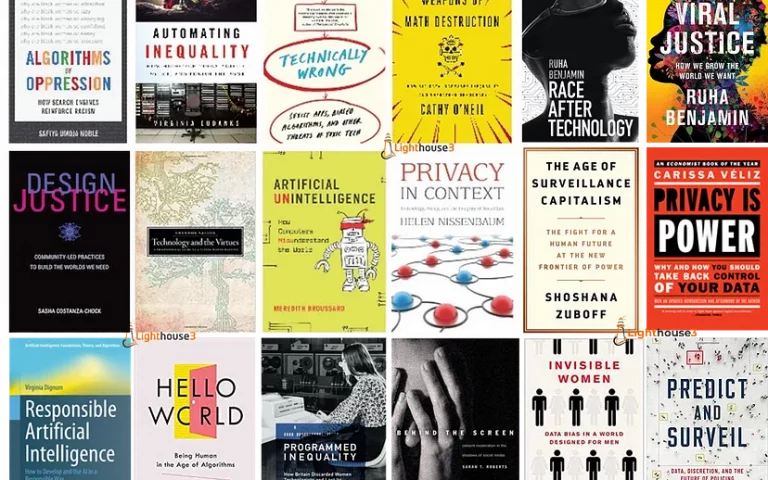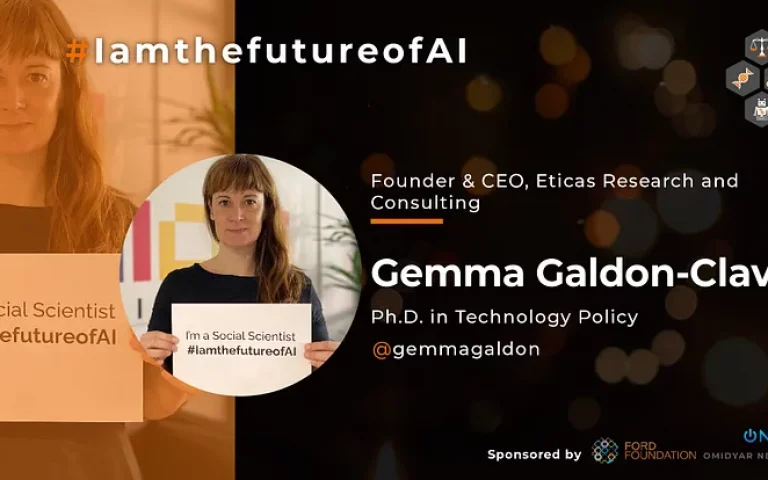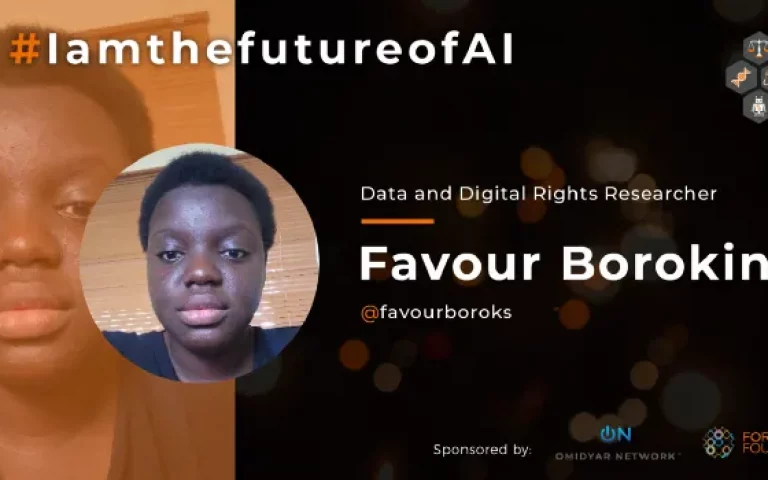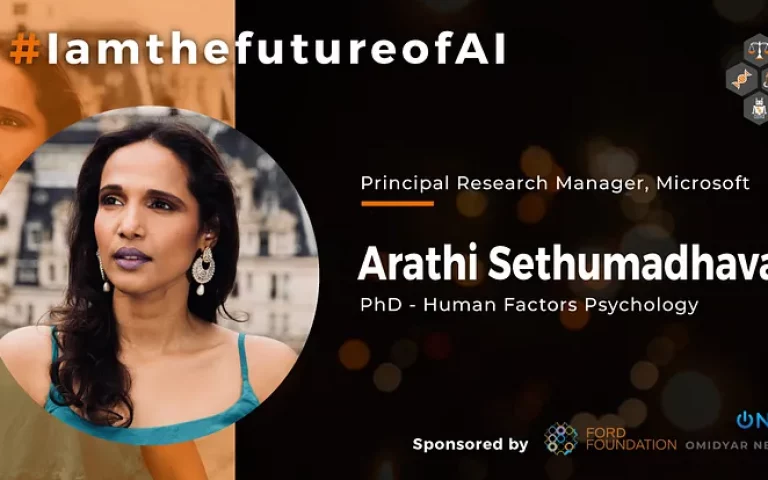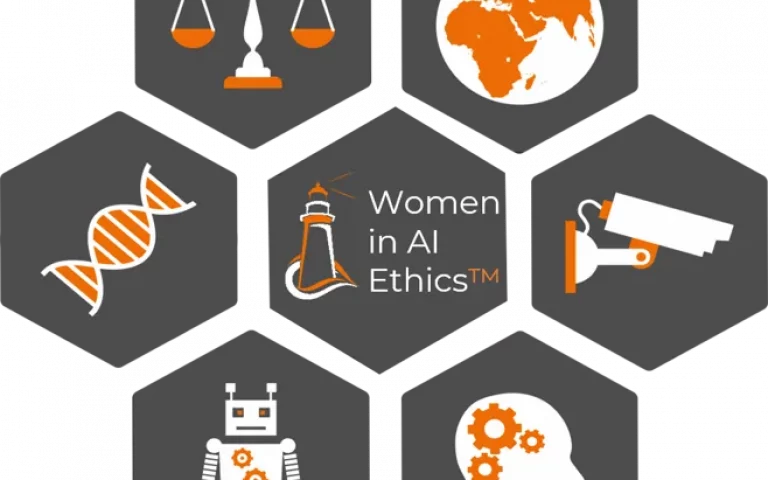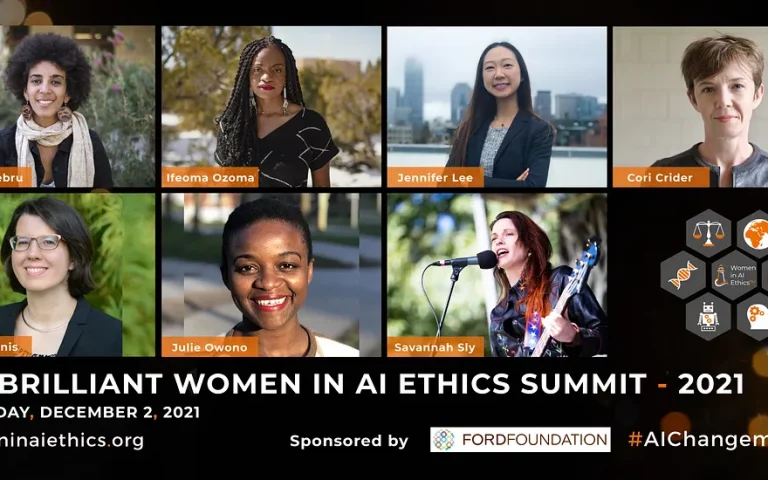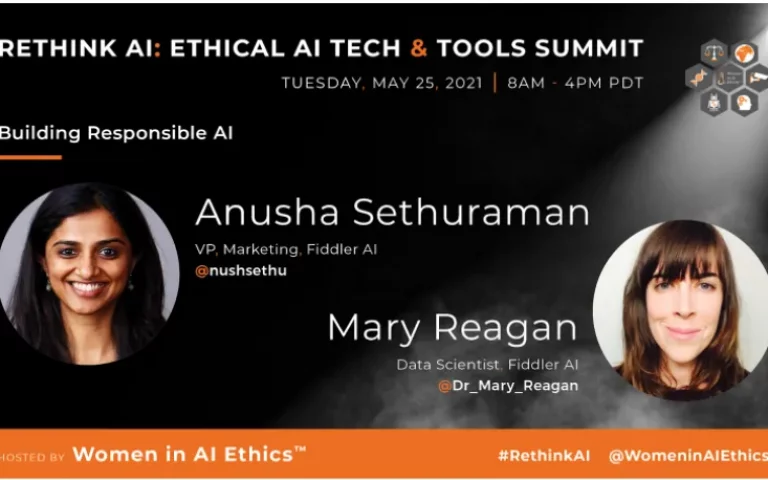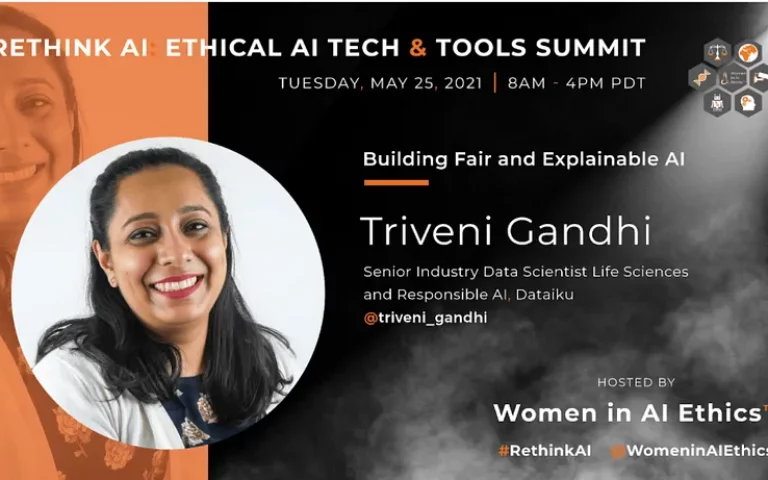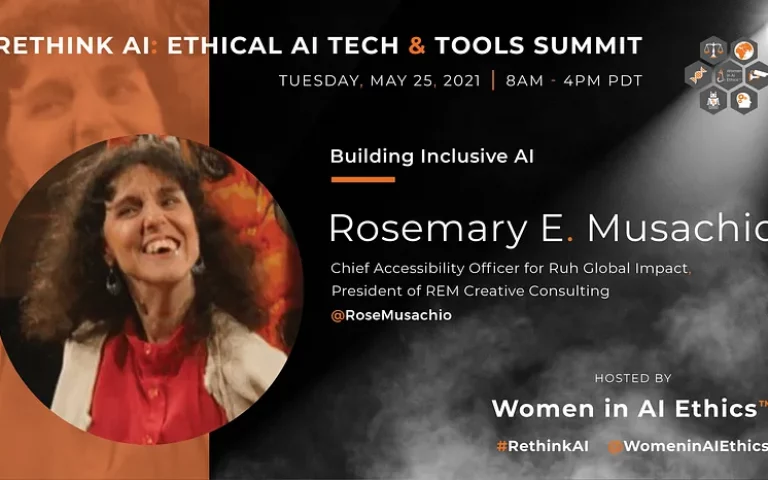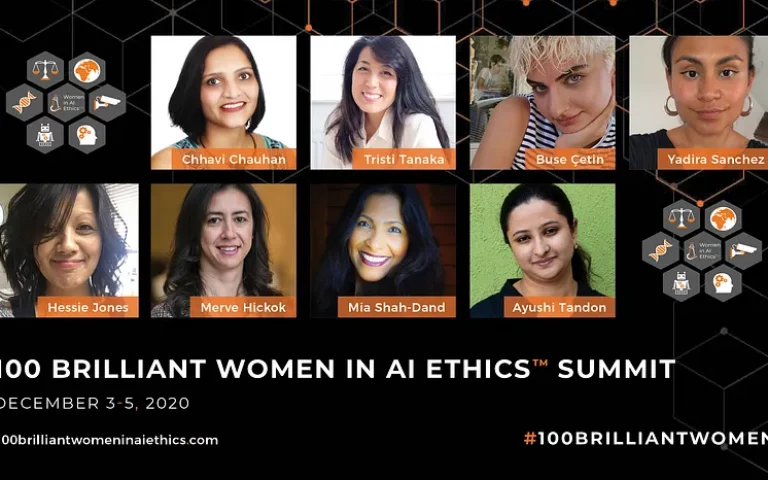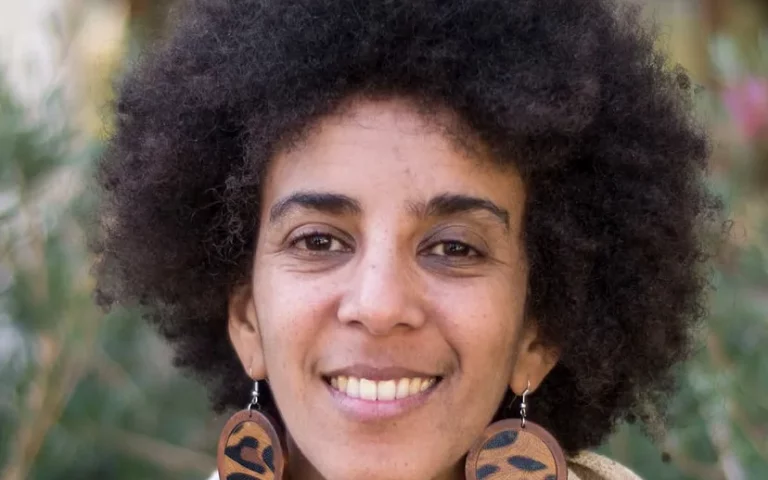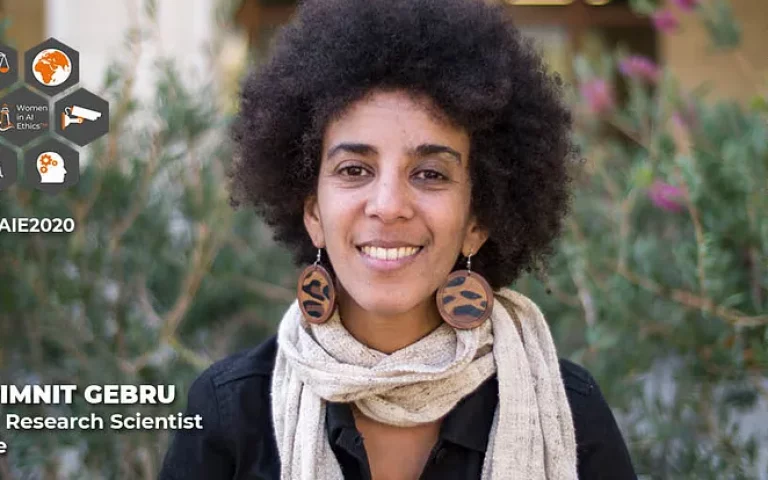Read Noemi Peluso’s compelling narrative.
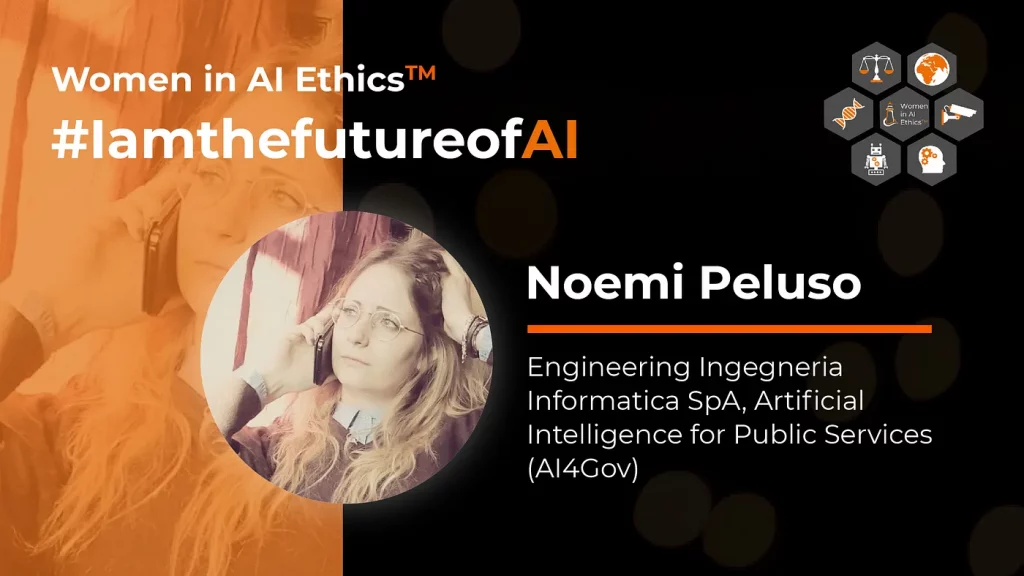
This interview is part of Women in AI Ethics (WAIE) “I am the future of AI” story series, which highlights multidisciplinary talent in AI by featuring inspiring career journeys of women and non-binary people from historically underrepresented groups in tech.
Noemi’s dedication to empathy and ethical principles shape her path at the intersection of technology and humanity. Below, she shares reflections on her career journey and the hurdles she encountered along the way, stressing a humanity-centered approach.
Can you share an incident that inspired you to join this space?
I think about others before me, always considering what people may need. The disrespect of human rights makes me feel in the position to try to do something. I’m one of those people who suffer from inequalities. I’m a young woman who achieved some of its objectives thanks to the commitment of all my life, all while suffering four chronicle diseases that cause chronic invisible pains, but who for part of our society seems not to deserve it.
Ethics coincides with taking care of humanity’s rights and needs. That’s why I decided to focus some of my studies on it. Ethics applied to the use of AI let us be able to work with disruptive technologies always keeping in mind that have to be implemented with a humanity-centered approach.
How did you land your current role?
In January 2022, I applied to the Master in AI for Public Services (AI4Gov) which seemed to be exactly what I was searching for. They chose around 40 people from thousands of applications all over the world and I have a humanistic background, so I was quite sure that could be hard to be chosen. This path has more facets: a technical part on AI, a Service Design part focused on AI-based projects, and an AI ethics part. It seemed to be the perfect combination between who I am and what I would like to deepen. I have been chosen and I started from there with my career journey in AI ethics, having a title that gives a visible value to my already existing characteristics and my previous studies.
What kind of issues in AI do you tackle in your day-to-day work?
The biggest issue in AI which I tackle every day is the total unawareness about this topic. There’s a lot of enthusiasm (and a lot of fears) about AI and all that we could do thanks to this technology, but there’s no knowledge. There’s no real understanding of what kind of power AI has and of what consequences there might be if it’s used in an unethical way. In most cases the focus is on the use of AI for business strategy and revenues, but not on how AI models and tools that are not ethically and responsibly built could hurt someone on the other side of the screen. That’s what I fight for every day: build trustworthiness and bridges where there are gaps.
If you have a non-traditional or non-technical background, what barriers did you encounter and how did you overcome them?
I graduated in Philosophy and in Theories of Communication, then I took a Master’s in User Experience and Information Architecture. I studied AI by myself, but before the M.Sc. in AI4Gov, I didn’t have an official title that could prove what I was interested in and what I wanted to be useful to and to help for. It was hard to carve out space and recognition, both because I was a young woman and because there was not enough trust in what I knew. To overcome these barriers, I started talking in worktables in which this topic was a trend, and this meant I was finally recognized but also frowned upon by those who were not so prepared. Randomly (or not?), I was (and am) the only woman in these worktables.
Why is more diversity — gender, race, orientation, socio-economic background, other — in the AI ethics space important?
From my point of view, diversity is a strategic imperative in AI development. We design AI-based experiences for people that are all diverse from the other, we need to take all of them into consideration. The approach to whatever is created or re-designed or just thought has to be humanity-centered. And considering all humanity in AI applications, we will improve fairness and reduce biases that are part of the mindsets of most of the population (and so of AI models that come from them) and we will implement experiences that are exactly what whoever is living them is expected to live, always taking into consideration different cultural, social and economical backgrounds. Different perspectives, all together, will drive an ethical and sustainable innovation, improving trustworthy in it.
What is your advice to those from non-traditional backgrounds who want to do meaningful work in this space on how to overcome barriers like tech bro culture, lack of ethical funding/opportunities, etc.?
Overcome barriers and create opportunities starting from them. Firstly, I would say just talking: saying what you think, talking transparently; there will always be someone who will suffer your knowledge because it used to be the one with the final say, so don’t worry about it and talk as loudly as you can. Secondly, never stop searching: I’m here writing these few words because I have never stopped finding a way to represent women with their diversity, in specific women committed to AI ethics, and I found WIAI, but I’m sure that there are oceans outside that need our voices and I’m proudly still digging with bare hands to find at least a drop of this water, identifying enough space by which talk again and be truly listened.
Noemi is a UX & Service Design Lead and AI Ethics Consultant at Engineering Ingegneria Informatica SpA. With her expertise, she helps shape user experiences and advises on ethical considerations in AI technology. She holds an Executive Master’s degree in AI for Public Services (AI4Gov), equipping her with expertise in navigating the ethical implications of technology.
You can connect with her on LinkedIn.
Sign up for the Women in AI Ethics mailing list to stay connected with this community of AI pioneers, experts, and emerging talent.
